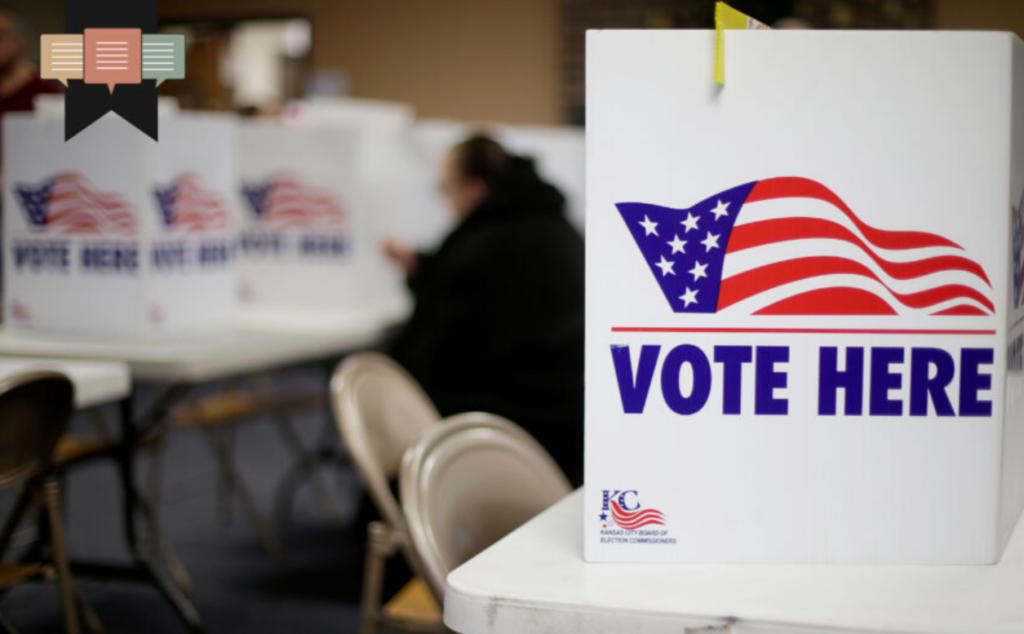
Published January 11, 2024
Christians should avoid giving in to crippling fear about political outcomes
As the calendar flips to 2024, Americans of all political persuasions are liable to find themselves in a state of nervous agitation. Election years are always times of heightened tension or excitement, but it would be hard to think of one in living memory that has provoked such fear and uncertainty. Republicans face a bruising primary season, one that may prove more hard-fought than current polls suggest. For Democrats, Biden would seem the inevitable nominee were it not for his frailty, age, and unpopularity, which have led some to speculate about a surprise convention-day switch.
If we do face Trump v. Biden 2.0 in November—a prospect few Americans want to see—the contest will take place amongst even more fraught conditions than those of pandemic-era 2020. These include a Republican candidate facing multiple grave criminal charges, a Democrat facing a revolt from his base over conflict in the Middle East, and at least one serious third-party campaign to wreak havoc on the polls. Not to mention widespread doubt among voters over the integrity of the voting system.
How should Christians respond?
Click here to continue reading.
Brad Littlejohn, Ph.D., is a Fellow in EPPC’s Evangelicals in Civic Life Program, where his work focuses on helping public leaders understand the intellectual and historical foundations of our current breakdown of public trust, social cohesion, and sound governance. His research investigates shifting understandings of the nature of freedom and authority, and how a more full-orbed conception of freedom, rooted in the Christian tradition, can inform policy that respects both the dignity of the individual and the urgency of the common good. He also serves as President of the Davenant Institute.











